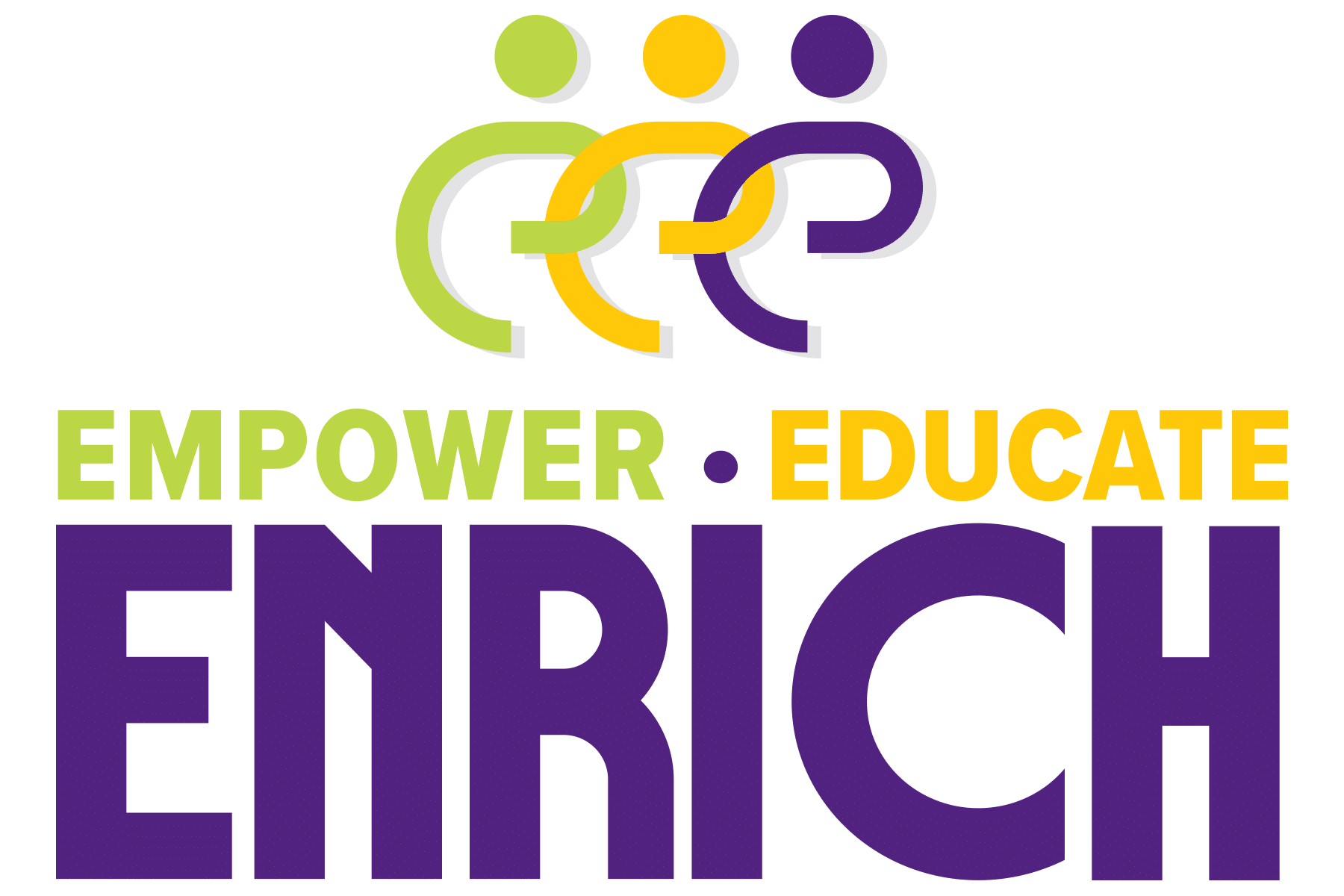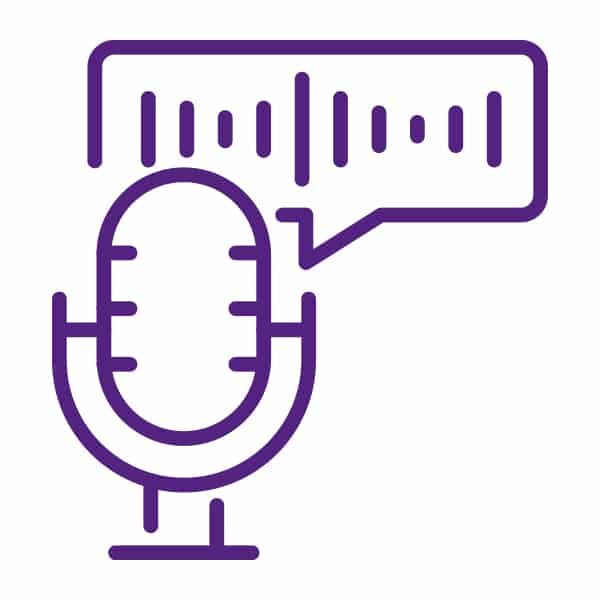Financial Education
We are invested in the financial wellness of our communities and offer the tools and resources to help individuals thrive.
We Can Help You Become Financially Fit
Financial Education Center
Financial Counseling
A Penny or Two For Your Thoughts
Member Protection Center

We believe that financial education is a cornerstone of financial wellness. With our Financial Education Center, Enrich, we aim to empower you with the education and skills necessary to enrich your finances effectively.

We offer access to our GreenPath Financial Management program, which includes free financial counseling and credit report counseling.

Check out the Centris Federal Credit Union podcast, A Penny or Two for Your Thoughts, for great financial tips from our subject matter experts and enjoy a few laughs along the way. Just open your favorite podcast platform and search, A Penny or Two for your Thoughts, and give it a listen.

Our Member Protection Center provides essential information on fraud awareness, practical tips for avoiding scams, and guidance on what to do if you suspect fraudulent activity.
Mad City Money
We are passionate about teaching students how to budget and manage their finances. Our interactive simulation, Mad City Money, immerses participants in a real-world experience where they assume adult roles, complete with jobs, salaries, families, student loans, credit card debt, and medical insurance. This hands-on activity helps students navigate financial decisions and differentiate between wants vs. needs.


